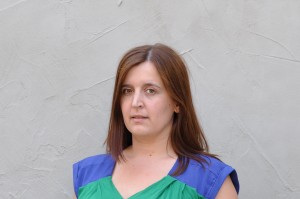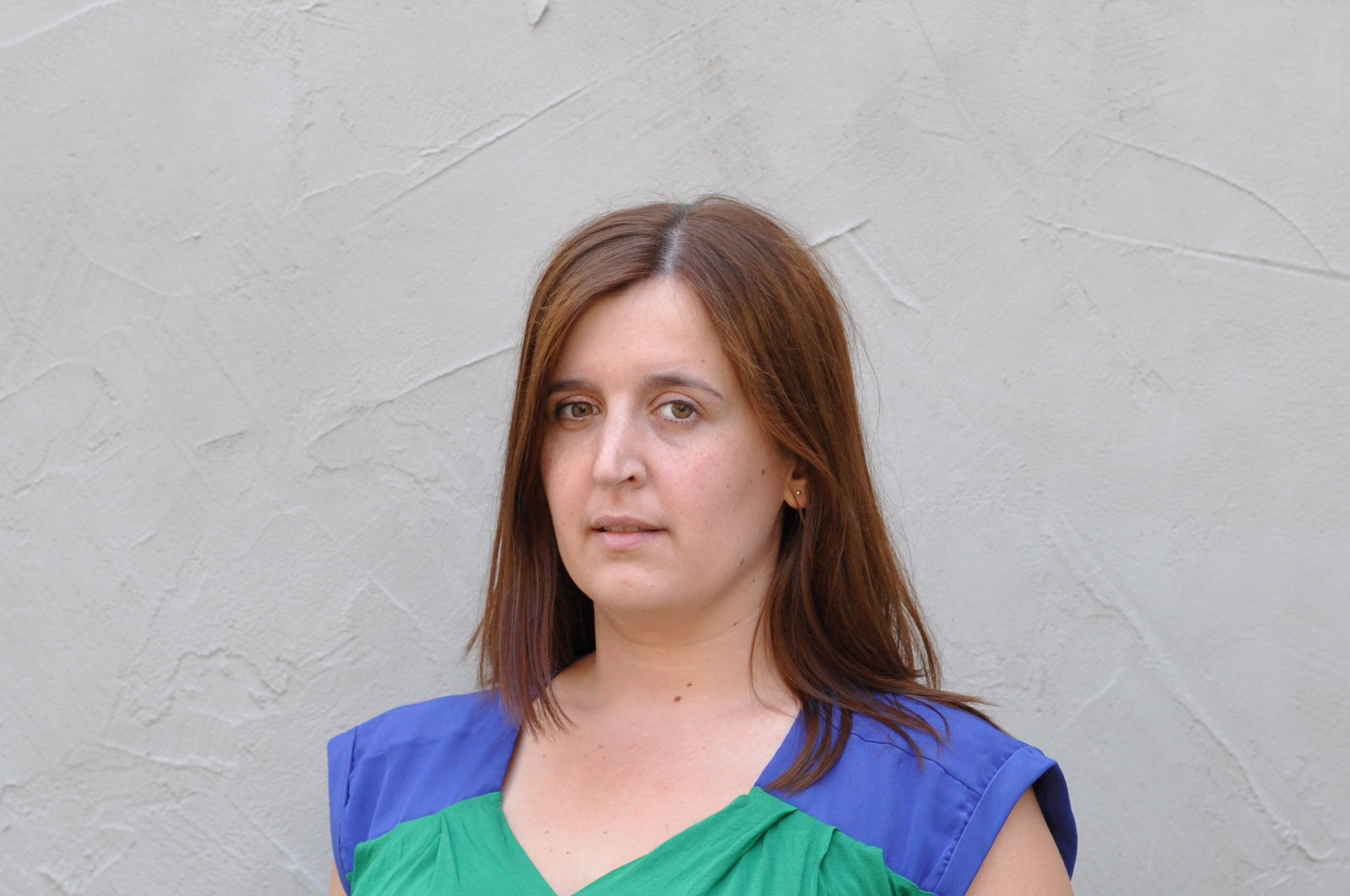Keynote speaker Eva Van Passel

How open is open enough? A philosophy of cultural commons for the cultural heritage sector.
Cultural (heritage) institutions are redefining their roles in a context of digital access to culture. This talk will address how the cultural heritage sector can adopt a layered approach, with different degrees of openness. An overall goal of cultural heritage institutions in the digital age can be to provide as much access as possible and to be as open as possible towards reuse and remix practices. How open this is, however, might change depending on specific user communities, and it can also be different depending on the content being shared.
The idea of ‘constructed cultural commons’ can provide a useful background or philosophy for initiatives the sector is undertaking. Some of the guiding principles of this approach are the intrinsic value of culture and digital cultural artefacts, the rights of users to sustainable access to these valuable assets, and the need for diversity and inclusiveness of the offer – also with regards to copyright status, in order to avoid a ‘digital black hole of 20th century content’. This ‘as open as possible’ philosophy, with respect to rights but without being unnecessarily constraining, can inspire cultural policy and cultural institutions’ digital experimentation.
Eva Van Passel has been a researcher at iMinds – SMIT, Vrije Universiteit Brussel, since 2007. Her research interests include the many challenges and opportunities for arts and heritage in a networked society, but her research mainly focuses on the changing roles of cultural (heritage) institutions in the context of digitisation, digital preservation, and distribution and sustainable digital access. Topics under scrutiny over the years have included strategic challenges for cultural institutions, digital cultural policy, audience strategies, business models, the European digital library Europeana, open cultural data and open GLAM initiatives, and financing models for digital cultural heritage. Eva holds Masters degrees in Communication and Media Studies, and in Film Studies and Visual Culture.

